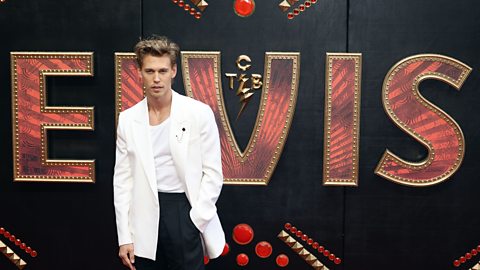A change is as good as a rest, as the old saying goes. Taking a break from your regular job and trying something new is a good way to refresh and recharge your creative batteries.
And it goes for film directors too. While most directors spend their whole careers behind the camera, occasionally a few have swapped sides and tried their hand at acting. And perhaps surprisingly, some of the resulting performances have been some of the most memorable in cinema.
Here are four directors who swapped “action!” for acting.
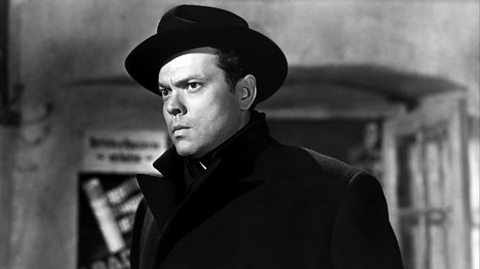
Orson Welles (The Third Man)
Orson Welles is considered by many to be one of the greatest American movie directors of all time. He made his first film, the critically acclaimed Citizen Kane (1941), when he was just 25 years old.
But he also delivered a memorable acting performance in front of the camera, as the mysterious Harry Lime in director Carol Reed’s The Third Man (1949).
Some members of the production had argued against Reed casting Welles, preferring Noel Coward. Reed stuck to his decision, although Welles arrived on location in Vienna at the last minute, and then objected to working in the city’s sewers. This forced Reed to use a double for some scenes, and then to recreate the sewers on set at Shepperton Studios.
Despite the difficulties filming it, Welles’s performance is regarded as one of the highlights of the film. Martin Scorsese, another famous American film director, recalled in an interview: “Welles comes into the picture about halfway through. That's the first time you actually see him, after you've spent so much time picturing him in your mind because everyone has been talking about him and thinking about him. So that might be the best revelation - or the best reveal, as they say - in all of cinema.”
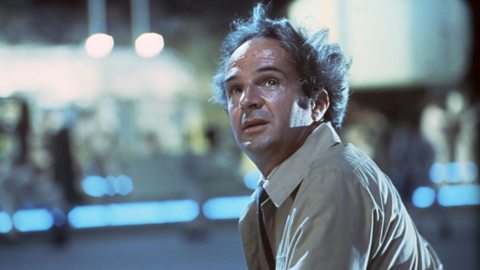
François Truffaut (Close Encounters of the Third Kind)
Fans of classic European cinema were in for a treat when they watched Steven Spielberg’s science fiction classic Close Encounters of the Third Kind when it was released in 1977.
Among the cast was François Truffaut, a legendary French director. He appeared on screen as Claude Lacombe, one of the scientists investigating the mysterious alien visitations. He delivers one of the film’s most memorable lines with his heavy French accent: “They belong here more than we do”.
Spielberg had cast him because he was a huge admirer of the director’s films but Truffaut’s reason for taking the role was entirely practical. In a 1977 interview with the BFI whilst the film was being shot, Spielberg said: “He’s preparing a book called The Actor, and he wanted to experience the hardships of waking up at six o’clock in the morning to stand around seven hours, to work under pressure the last hour and a half, for another director.”
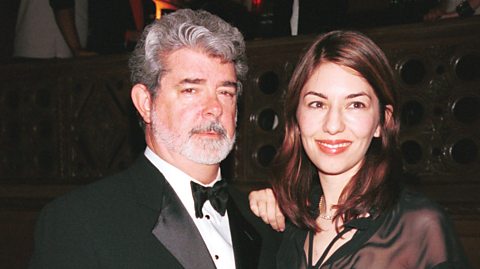
Sofia Coppola (Star Wars: The Phantom Menace)
Sofia Coppola belongs to one of Hollywood’s great directing dynasties. Her father, Francis Ford Coppola directed classics such as The Outsiders (1983) and recently Megalopolis (2024), her brother Roman is a director and her niece Gia is also a director.
So it’s no surprise that Sofia is at home behind the camera, having directed Lost In Translation (2003), Marie Antoinette (2006) and Priscilla (2023) among others. But she also appeared as an actress, mostly in her father’s films.
In the late 1990s, Sofia wanted to gain more experience behind the camera, so asked family friend George Lucas if she could hang out and watch while he shot Star Wars: The Phantom Menace. In an interview with Rolling Stone magazine in 2023, Sofia recalled: “When I heard he was doing a Star Wars movie, since I was so little the first time, I said, ‘I want to come hang out.’ So they said I could be in it, and that was the best way to be on set.”
In the film, she appears as a character called Saché, one of Padmé Amidala’s handmaidens. You’d think that appearing in one of the most famous science fiction franchises of all time would stick in her mind, but later she admitted that she’d forgotten all about it!
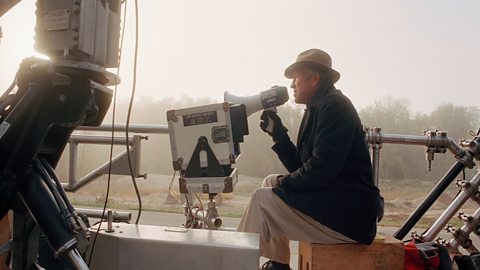
David Lynch (The Fabelmans)
Steven Spielberg seems to have a thing for casting other directors in his movies. Almost 50 years after he put Francois Truffaut in Close Encounters of the Third Kind, he cast another director, David Lynch, in his autobiographical film The Fabelmans.
Lynch played director, John Ford, who Spielberg met and was influenced by as a young boy. In the film, Lynch’s character advised the young director always to place the horizon at the top or bottom, never in the middle, of the frame.
Spielberg thought Lynch would be perfect for the role, but persuading him took some time, and when he finally agreed, he had one condition. Spielberg told Vanity Fair magazine in a 2022 Q&A: "He said, ‘All I want, all I’ll ask for, is I want to have my costume two weeks before I shoot because I’m going to wear it every day.”
In an interview with Empire magazine in 2023, David Lynch said: “At first I didn’t want to do it”. Finally he was persuaded, agreeing as well with Ford’s advice. “John Ford probably had a bunch of things he could call on to give a short education to that young lad. But he picked the horizon bit,” he said. “But it’s true. A horizon in the middle is boring.”
This article was published in February 2025
Looking for quizzes, amazing stories and fun facts?
Bitesize Topical has it all!

Six celebrities who’ve made unexpected cameo appearances in the movies
Grab some popcorn and take a look at the surprising cameos celebrities have made in films
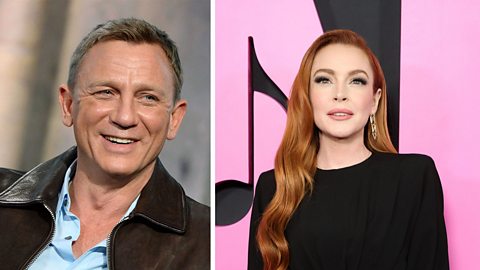
Six movie locations across the world that boosted tourism
The Lord of the Rings' Hobbiton, the enticing sands of The Beach and a Scottish town immortalised in Local Hero.

Six times accents in movies got people talking
From Austin Butler's unshakeable accent in Elvis to Meryl Streep's flawless cadences in The Iron Lady, here are six movies whose linguistics made the headlines.
